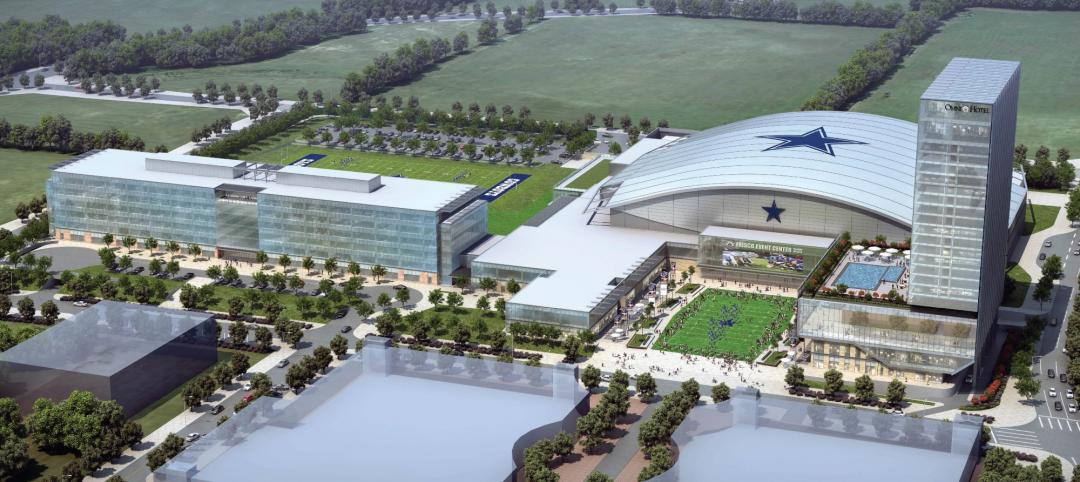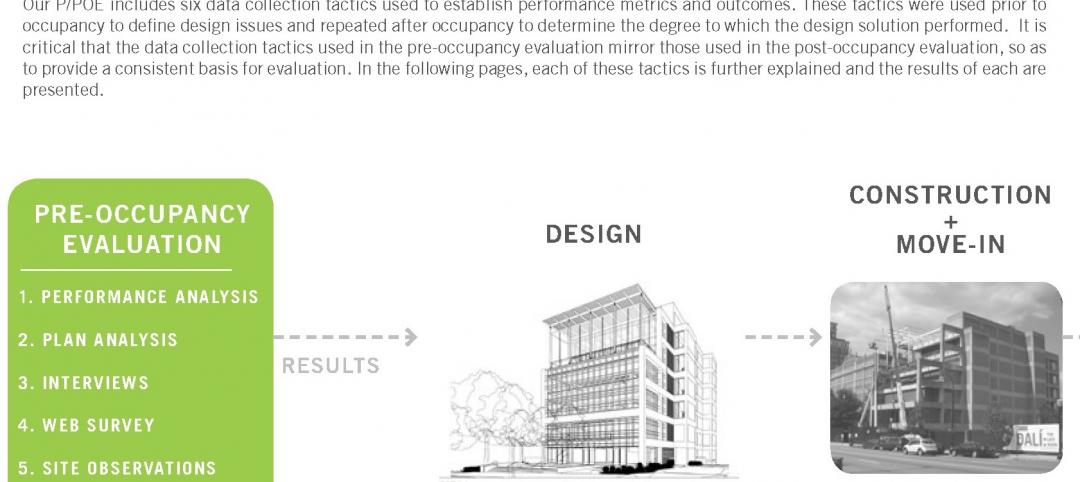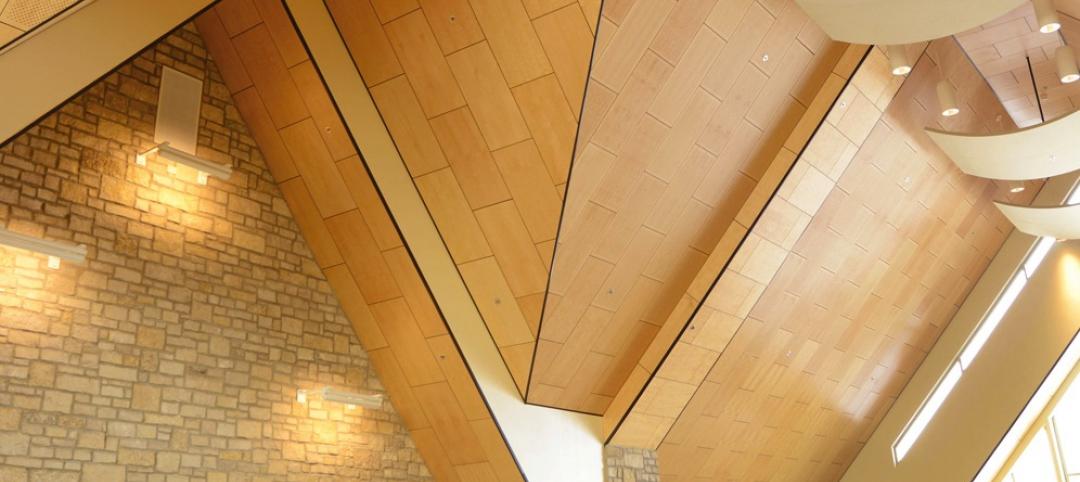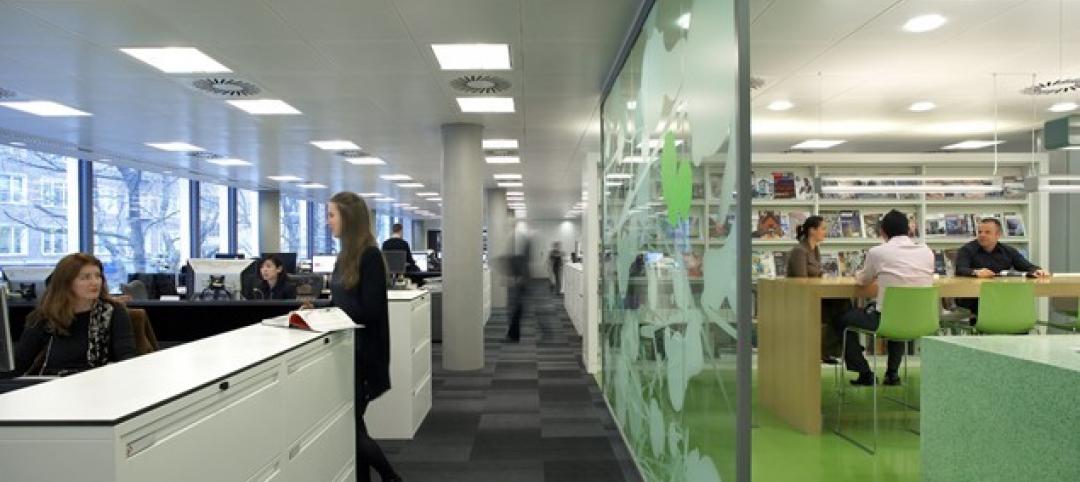On Friday afternoon, the Texas Rangers announced that they would be building a new $1 billion, retractable roof ballpark in the Dallas suburb of Arlington.
The announcement is a surprise for a few reasons. One, there has been no rumors or speculation that the baseball club was looking to build a new home. Two, the Rangers’ current stadium, Globe Life Park in Arlington, only opened in 1994.
The Star-Telegram reports that the $1 billion cost will be split equally between the city and the Rangers, and that the agreement will keep the team in Arlington until 2054. The tax dollars will come from a half-cent sales tax, a 2% hotel occupancy tax, and a 5% car rental tax. The proposal requires voter approval on November 8.
JUST IN: Early renderings of new Rangers ballpark https://t.co/Hu4mxd4Mn3 pic.twitter.com/taBfCz5HQt
— SportsDayDFW (@SportsDayDFW) May 20, 2016
The retractable roof and air conditioning system would be a game-changer for the players and fans. Temperatures in Arlington regularly reach the mid-90s and triple digits during the summer.
Construction on the new park could begin as soon as late 2017, and the rangers may move in before their lease at Globe Life Park expires in 2023.
This fall, construction will begin on the $200 million Texas Live! The seven-acre development will serve the current and proposed ballparks, and it will have 100,000 sf of restaurant, bar, and retail space, 35,000 sf of convention space, and a 300-bed luxury hotel.
Related Stories
| Oct 30, 2014
New hotel to be developed at future Dallas Cowboys World Headquarters
The Omni property will be one of the only full-service upscale hotels in the area, and serve as a cornerstone of the mixed-use development, which will be anchored by the Dallas Cowboys World Headquarters and Frisco’s Multi-Use Event Center.
| Oct 20, 2014
Singapore Sports Hub claims world's largest free-spanning dome
The retractable roof, which measures a whopping 1,017-feet across, is made from translucent ETFE plastic panels supported with metal rigging that arches over the main pitch.
| Oct 16, 2014
Perkins+Will white paper examines alternatives to flame retardant building materials
The white paper includes a list of 193 flame retardants, including 29 discovered in building and household products, 50 found in the indoor environment, and 33 in human blood, milk, and tissues.
| Oct 15, 2014
Harvard launches ‘design-centric’ center for green buildings and cities
The impetus behind Harvard's Center for Green Buildings and Cities is what the design school’s dean, Mohsen Mostafavi, describes as a “rapidly urbanizing global economy,” in which cities are building new structures “on a massive scale.”
| Oct 12, 2014
AIA 2030 commitment: Five years on, are we any closer to net-zero?
This year marks the fifth anniversary of the American Institute of Architects’ effort to have architecture firms voluntarily pledge net-zero energy design for all their buildings by 2030.
| Sep 24, 2014
Architecture billings see continued strength, led by institutional sector
On the heels of recording its strongest pace of growth since 2007, there continues to be an increasing level of demand for design services signaled in the latest Architecture Billings Index.
| Sep 22, 2014
4 keys to effective post-occupancy evaluations
Perkins+Will's Janice Barnes covers the four steps that designers should take to create POEs that provide design direction and measure design effectiveness.
| Sep 22, 2014
Sound selections: 12 great choices for ceilings and acoustical walls
From metal mesh panels to concealed-suspension ceilings, here's our roundup of the latest acoustical ceiling and wall products.
| Sep 17, 2014
Atlanta Braves break ground on mixed-use ballpark development
SunTrust Park will be constructed by American Builders 2017, a joint venture between Brasfield & Gorrie, Mortenson Construction, Barton Malow Company, and New South Construction.
| Sep 9, 2014
Using Facebook to transform workplace design
As part of our ongoing studies of how building design influences human behavior in today’s social media-driven world, HOK’s workplace strategists had an idea: Leverage the power of social media to collect data about how people feel about their workplaces and the type of spaces they need to succeed.
















